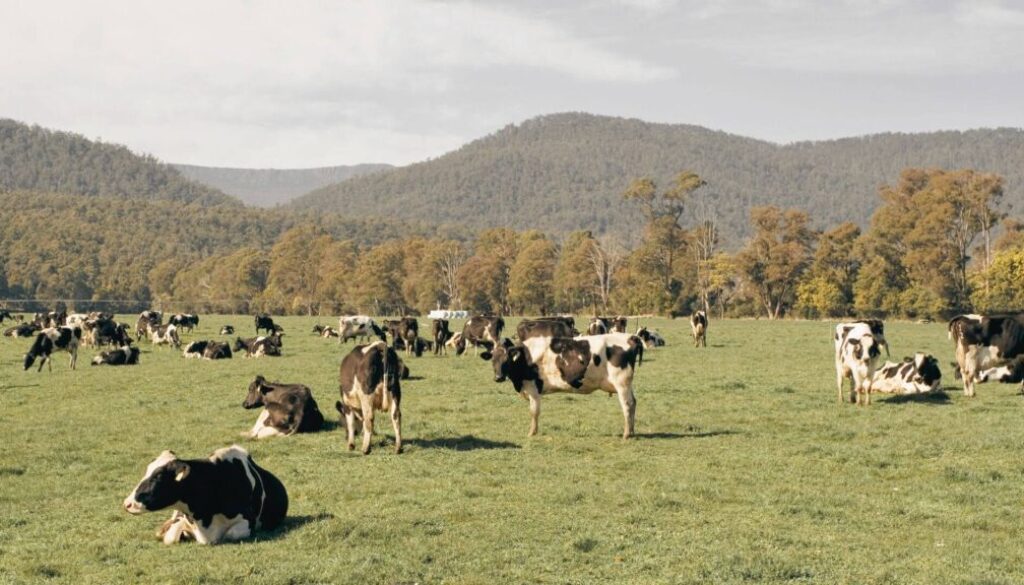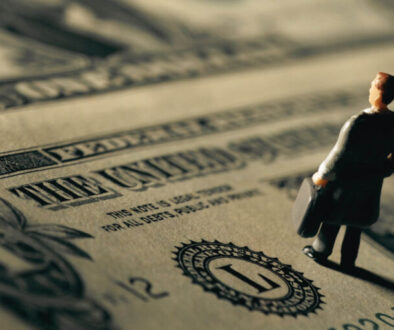Scenes From The Animal Farm
Recent news stories have been disheartening, and they remind me of the end of Orwell’s Animal Farm. In the book, the reformers, the pigs, ultimately become indistinguishable from the oppressive humans they replaced. The final commandment, “All animals are equal, but some are more equal than others,” is a stark reflection of our current reality. We see this unfolding before our eyes.
I’ve spent years on Watchdog on Wall Street talking about the Axis of Evil—big business, politicians, and the media. This isn’t a new narrative. Even George Carlin, in his iconic education rant, spoke about how the owners of the country don’t want well-informed citizens. They prefer a populace that is easier to manipulate.
The Illusion of Change
Recently, there has been a lot of excitement about donations flowing into Kamala Harris’s campaign. People are applauding, but it’s important to remember that these donations come from those who seek to control her. It’s like Carlin said: “We have owners.” These are the people who are really in charge, not us.
Watching Kamala’s orchestrated phone call with Biden, it’s hard not to see through the façade. It was clearly staged, and yet people accept it as reality.
Political Manipulations and Power Plays
Barack Obama’s influence persists, as seen in the recent political maneuvers to position Harris favorably. Pundits are starting to commend her, preparing to canonize her in the public eye. We need to recognize this for what it is—a distraction.
One Twitter comment likened our situation to the series finale of a TV show, calling it the end of the USA as we know it. This isn’t entirely off base. We are witnessing a transformation. The United States has been changing direction for some time, shifting away from the principles it was founded on.
A Historical Perspective
Let’s take a lesson from ancient Rome. Initially a republic with checks and balances, Rome eventually became an empire ruled by a few powerful individuals. The transition was gradual, driven by a populace that became increasingly dependent on government support.
Lawrence Reed, from the Foundation for Economic Education, draws parallels between Rome and the United States. He highlights three critical lessons:
- No people who lost their character kept their liberties.
- Power that is shackled and dispersed is preferable to power that is unrestrained and centralized.
- The here and now is rarely as important as tomorrow.
Virtue was a cornerstone of early Rome, just as it was in early America. Dignity, goodwill, loyalty, and a sense of duty were highly valued. These qualities fostered liberty and prosperity. However, as Rome’s character eroded, so did its freedom. The welfare state chipped away at the Roman people’s self-reliance, leading them to depend more on government support. The same pattern is evident today.
The Modern Parallel
In America, concentrated power has become the norm. We see vast sums of money spent to elect officials who then raise taxes to fulfill their grandiose promises. This cycle of dependency and power consolidation mirrors Rome’s decline.
Our founding principles emphasized the dangers of concentrated power, advocating for a government with checks and balances. But over time, these safeguards have weakened. Cities and states have become dependent on federal support, just as Roman provinces did.
The Choice Before Us
As we approach another election cycle, with the NFL season providing a convenient distraction, we need to ask ourselves: Do we want to continue down this path? Do we want to accept our fate as pawns in a game controlled by a select few, or do we want to reclaim our republic?
Many people today don’t understand true freedom because they don’t want the responsibility that comes with it. They prefer the security of dependency over the uncertainty of liberty. But as Tacitus wrote, freedom is undermined when legislation serves individual interests over the common good.
We must decide whether we want to continue this path or strive to restore the principles of our republic. This isn’t just about politics; it’s about our future, our freedom, and our character as a nation.
For more insights, visit watchdogonwallstreet.com.




